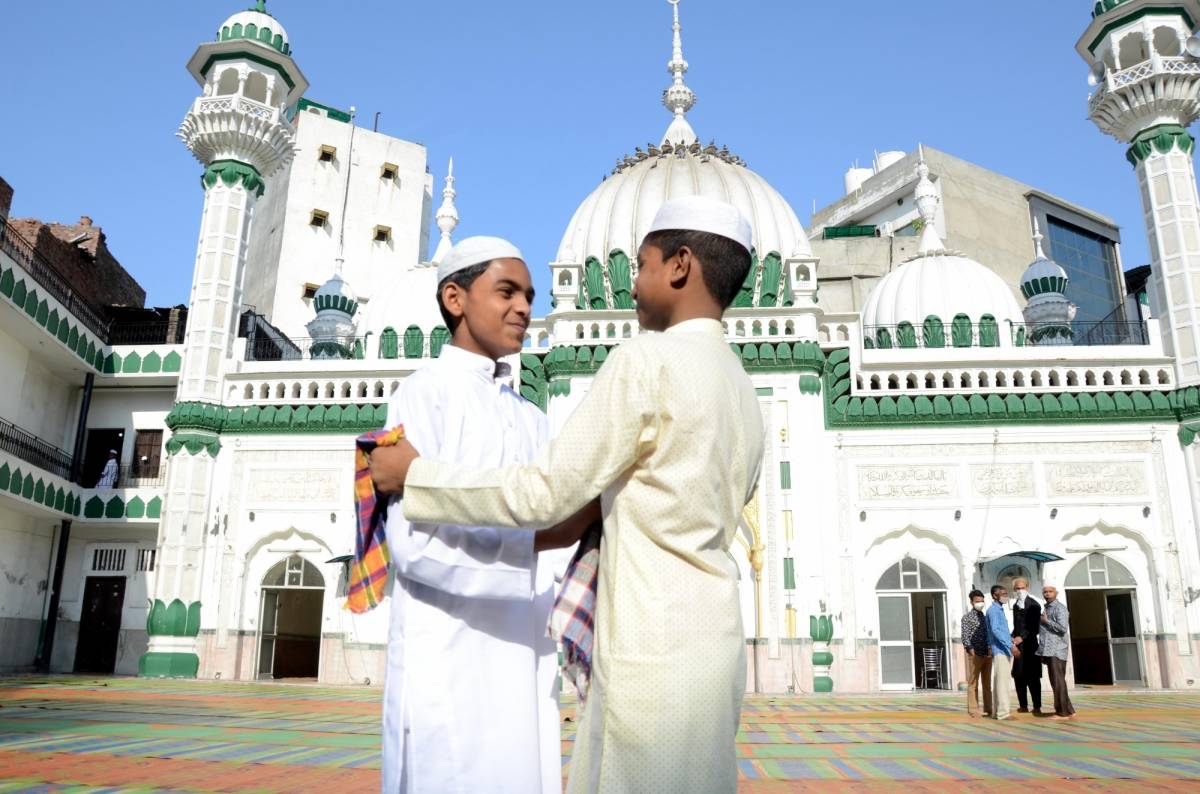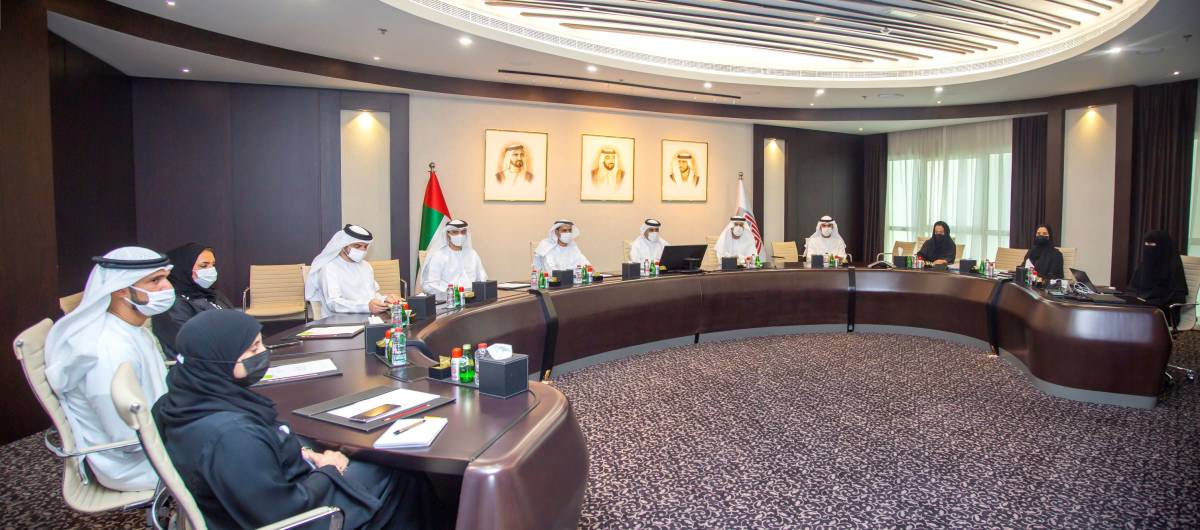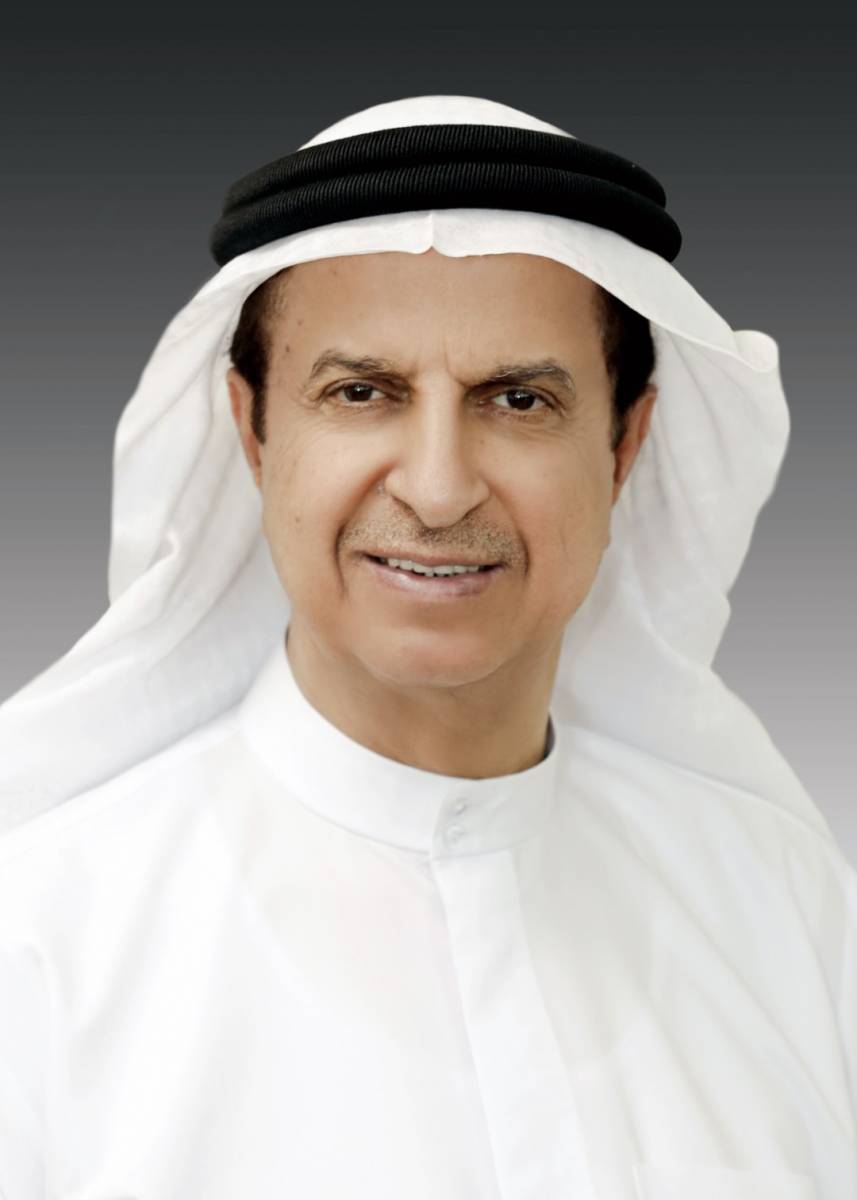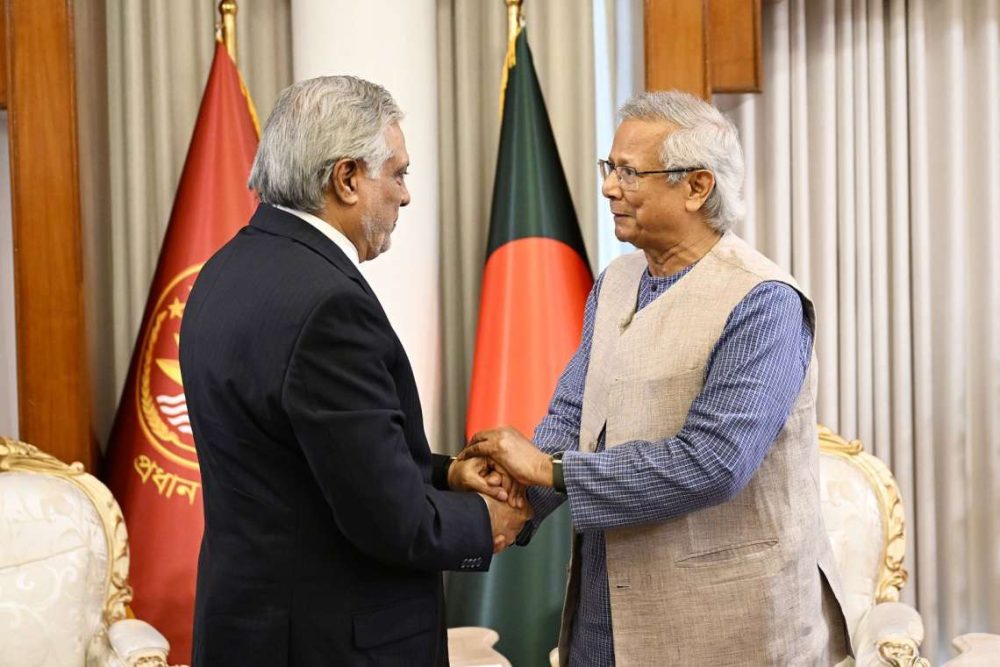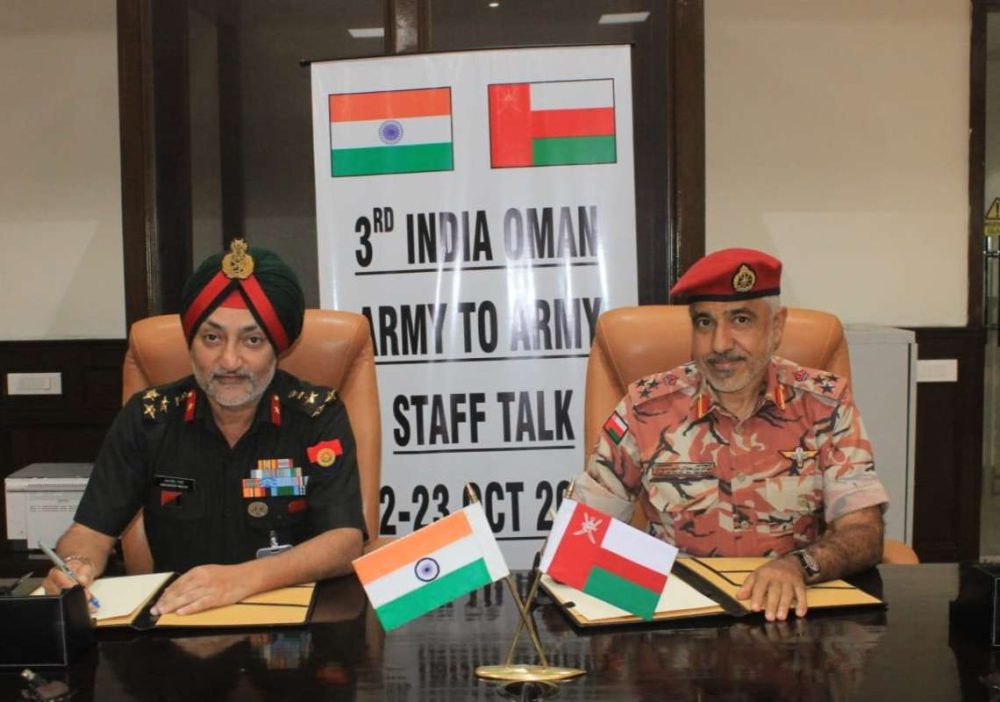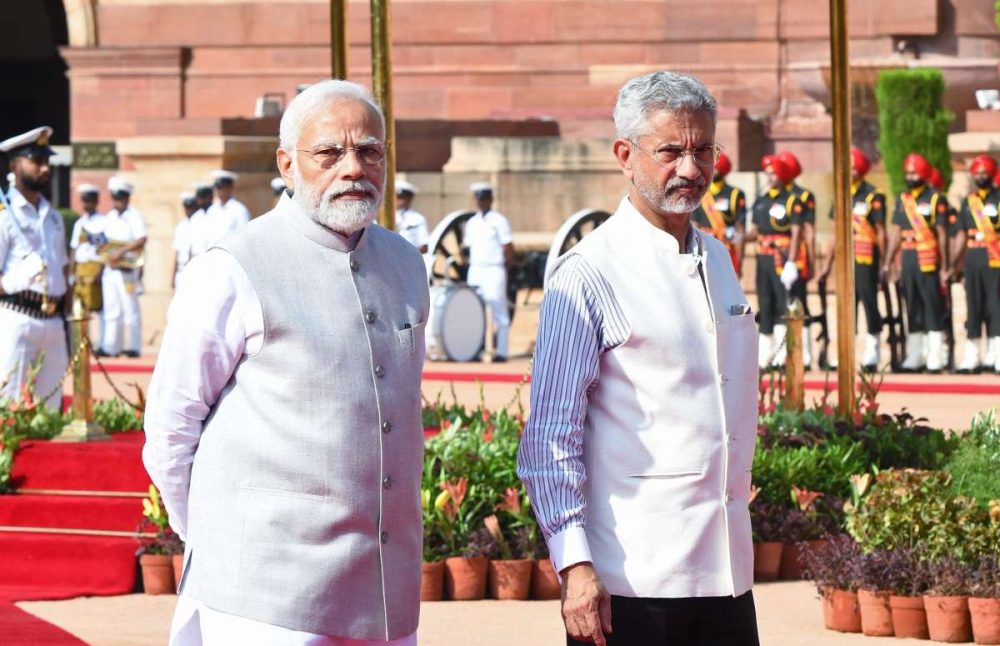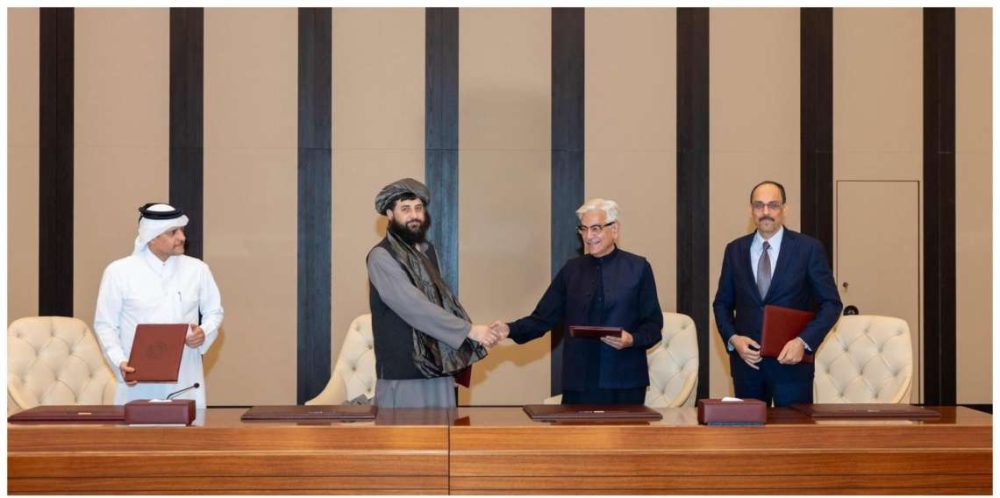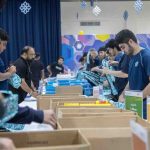The government has declared a four-day holiday in the UAE for public and private sectors, starting July 20 July 22….reports Joy Chakravarty
Anticipating a surge in COVID-19 cases, the UAE government has issued strict guidelines to be followed at mosques and those celebrating Eid Al Adha at home.
The National Emergency Crisis and Disasters Management Authority allowed mosques to hold Eid Al Adha prayers, but said that these have to be conducted while following all social distancing norms and COVID-19 protocols issued by the government.
The government has declared a four-day holiday in the UAE for public and private sectors, starting July 20 July 22. This will be followed by weekend and offices will open only on July 25.
On the eve of the festival, the NCEMA tweeted: “Eid Al-Adha prayers will be conducted, provided that the maximum period of Khutbah is 15 minutes, while adhering to all previously applicable precautionary measures.
“Social distancing markers will be placed on prayer spots in outdoor spaces of mosques, public parking and parks adjacent to mosques.
“We confirm that the doors of mosques will be closed directly after prayers. Also, service facilities, such as washrooms, Wudu places and water dispensers shall continue to be closed.”
NCEMA also urged all worshippers to bring their own prayer mats and all individuals living with those infected, or in contact with COVID-19 patients, are strictly prohibited to attend prayers. The authority also recommended that the elderly, children under 12 years and those suffering from chronic diseases to refrain from performing the Eid prayers.
NCEMA issued recommendations that gatherings should be restricted within the family members living together and on performing Al-Adahi (sacrifices).
“Kindly avoid all types of gatherings and shaking hands before and after Eid prayers, and limit greeting and congratulations from a safe distance,” NCEMA added.
“We recommend that gatherings should be limited to the same family living together with the same household and first-degree relatives. It is important to take the test and ensure that everyone is healthy before any visit.
“We recommend that performing Al-Adahi through delegating the UAE official charities to kill and distribute the meat, or via relevant smart apps. Also, avoid exchanging and distributing meat of Al-Adahi, gifts and foods among neighbours.
The number of new cases has remained below 1,600 for the past 10 days – a significant improvement from average 2,000 cases per day in June.
On Tuesday, Dr Farida Al Hosani, official spokesperson of the UAE health sector, warned residents to remain vigilant and follow all guidelines to make sure that the situation did not get out of hand again.
Dr Hosnani cited data from Eid Al Adha last year, this year’s New Year’s Eve and the Eid Al Fitr holidays in May and how the numbers have surged after these celebrations.
Cases rose by almost 500 per cent last year after Eid Al Adha celebrations, jumping from an average of 300 daily to nearly 1,400. New Year’s Eve followed a similar trend, with cases averaging to nearly 3,700 from around 1,400 in December 2020.
“Your commitment to COVID safety measures, especially during festive seasons, will help reduce infection rates. Celebrate Eid safely and enjoy all its goodness. Just follow the safety protocols,” Dr Hosnani added.


